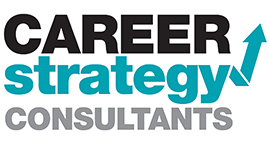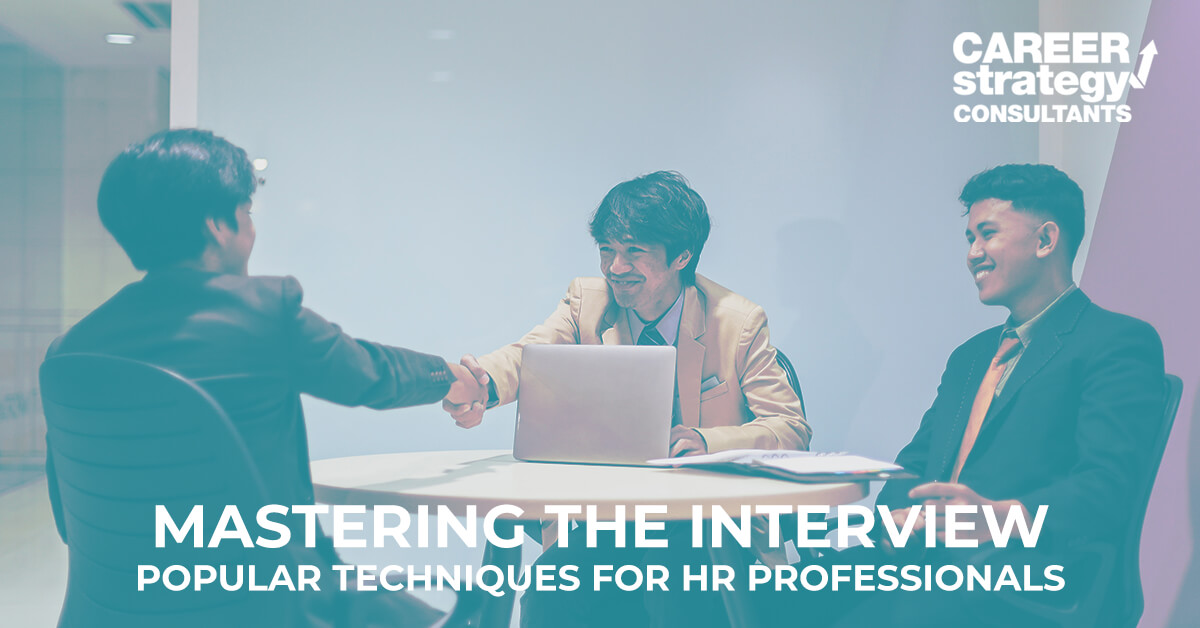Stand Out in the Crowd: Qualities Employers Seek in New Hires and How to Make a Lasting Impression

In a competitive job market, standing out from other applicants and making a lasting impact on the hiring manager is crucial for landing the job. Employers are not only looking for candidates with the right skills and qualifications but also those who possess certain qualities that make them a valuable addition to the team. In this blog, we will discuss the qualities employers are looking for in new hires, how individuals can stand out during the interview process, the importance of making a great first impression, and questions to ask during the interview and in the first few weeks after starting a new role.
Qualities Employers Seek in New Hires
- Adaptability: In a rapidly changing work environment, the ability to adapt to new situations and challenges is highly valued.
- Teamwork: Employers seek individuals who can work well in a team, collaborate with others, and contribute to a positive work environment.
- Communication Skills: Effective communication, both written and verbal, is essential for conveying ideas, providing feedback, and building relationships with colleagues.
- Problem-Solving Skills: The ability to analyze situations, identify problems, and develop creative solutions is crucial for success in any role.
- Work Ethic: A strong work ethic, including being reliable, punctual, and dedicated to completing tasks to the best of one’s ability, is highly valued by employers.
Standing Out During the Interview Process
- Do Your Research: Before the interview, research the company, its culture, and the role you are applying for. This will help you tailor your responses to the company’s needs and show that you are genuinely interested in the position.
- Showcase Your Achievements: Highlight your accomplishments and how they relate to the role you are applying for. Use specific examples to demonstrate your skills and abilities.
- Ask Thoughtful Questions: Asking thoughtful questions about the company, team, and role shows that you are engaged and interested in the position. It also allows you to assess if the company is the right fit for you.
- Follow Up: Send a thank-you email after the interview to express your gratitude for the opportunity and reiterate your interest in the position.
Making a Great First Impression
Making a great first impression is crucial for establishing a positive relationship with your employer and colleagues. Here are some tips for making a great first impression:
- Dress Professionally: Dress appropriately for the company culture and the role you are applying for.
- Be Punctual: Arrive on time for the interview and any subsequent meetings or events.
- Be Positive and Enthusiastic: Show enthusiasm for the role and the company, and maintain a positive attitude throughout the interview and beyond.
- Listen Actively: Listen carefully to what the interviewer is saying and respond thoughtfully.
Questions to Ask During the Interview and After Starting the New Role During the Interview:
- Can you describe the team I will be working with and how they collaborate?
- What are the most important skills and qualities for success in this role?
- What are the current challenges facing the team or the company, and how can I contribute to overcoming them?
After Starting the New Role:
- What are the expectations for my performance in the first 30, 60, and 90 days?
- Are there any specific projects or tasks that I should prioritize in my first few weeks?
- How can I contribute to the team’s goals and the company’s mission?
Stand Out in the Crowd
In conclusion, employers are looking for new hires who possess qualities such as adaptability, teamwork, communication skills, problem-solving skills, and a strong work ethic. To stand out during the interview process, it is important to do your research, showcase your achievements, ask thoughtful questions, and follow up after the interview. Making a great first impression is crucial for establishing a positive relationship with your employer and colleagues. Asking thoughtful questions during the interview and after starting the new role can help you understand the expectations and contribute to the team’s success.

More Than Just Staffing
For Employers
For Individuals





